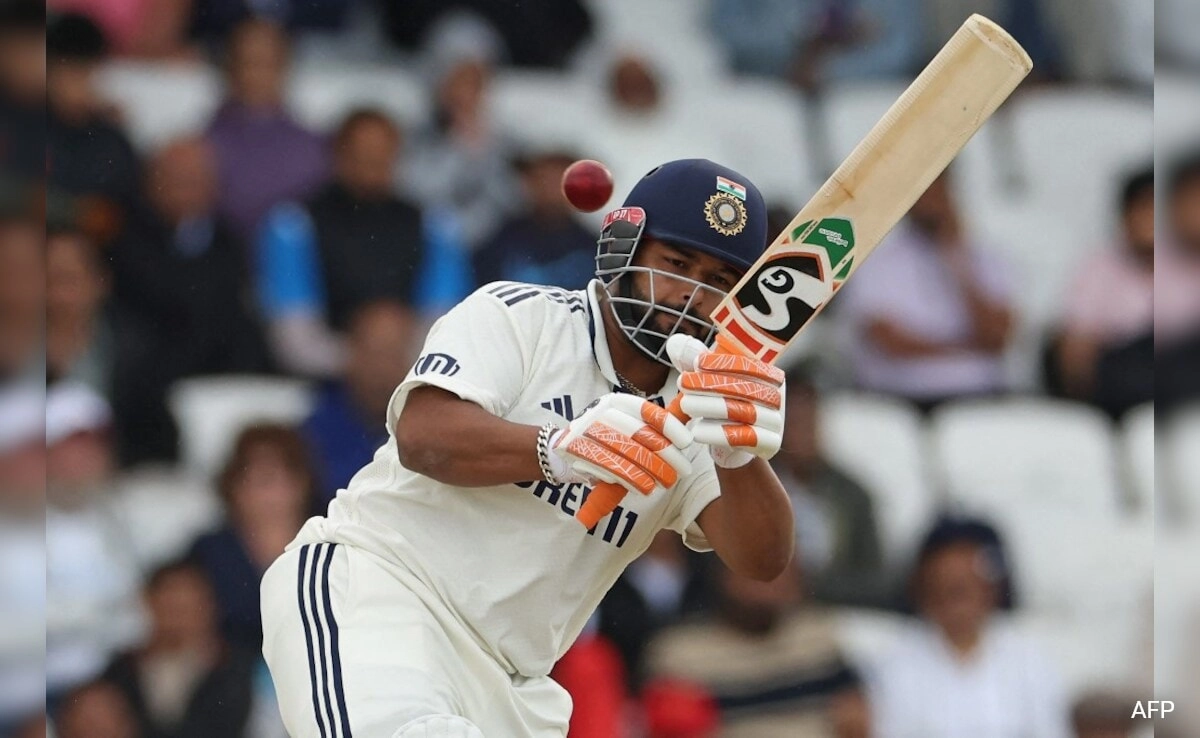Harbhajan Singh and Yusuf Pathan, two renowned figures in Indian cricket, have reportedly decided to boycott the World Cricket League (WCL) 2025 match against Pakistan. This decision comes amid growing tensions between the two nations and reflects the sentiments of many players and fans who feel strongly about the political climate affecting sports. While the exact reasons behind their boycott have not been officially stated, sources indicate that both cricketers are deeply concerned about the implications of participating in a match that could be overshadowed by diplomatic issues.
Cricket has always been more than just a sport in India and Pakistan; it is often viewed as a reflection of the historical and political relations between the two countries. The rivalry on the cricket field is intense, and any clash between the two teams garners significant attention from fans and media alike. However, this rivalry can also lead to complex situations, particularly when political tensions rise. Harbhajan and Yusuf, both of whom have made significant contributions to Indian cricket, are likely taking a stand to voice their discomfort with the situation, signaling their solidarity with the broader sentiments of their audience.
The decision to boycott such a high-profile match is not taken lightly, especially considering the commercial and competitive stakes involved. For many players, representing their country on the international stage is the pinnacle of their careers. However, this move by Harbhajan and Yusuf highlights a growing trend among athletes who are increasingly willing to prioritize their principles over participation in events influenced by political strife. Their actions may inspire other players to reflect on their own positions regarding participation in matches that could further exacerbate existing tensions.
As the cricketing world looks forward to the WCL 2025, the absence of prominent players like Harbhajan Singh and Yusuf Pathan could significantly impact the event’s dynamics. Fans and analysts will be watching closely to see how this decision influences the broader conversation around sports and politics, and whether it prompts other athletes to consider similar stances in the future. This situation underscores the evolving nature of sports, where the boundaries between athleticism and activism are increasingly blurred, compelling players to take a stand on issues that resonate beyond the cricket field.




